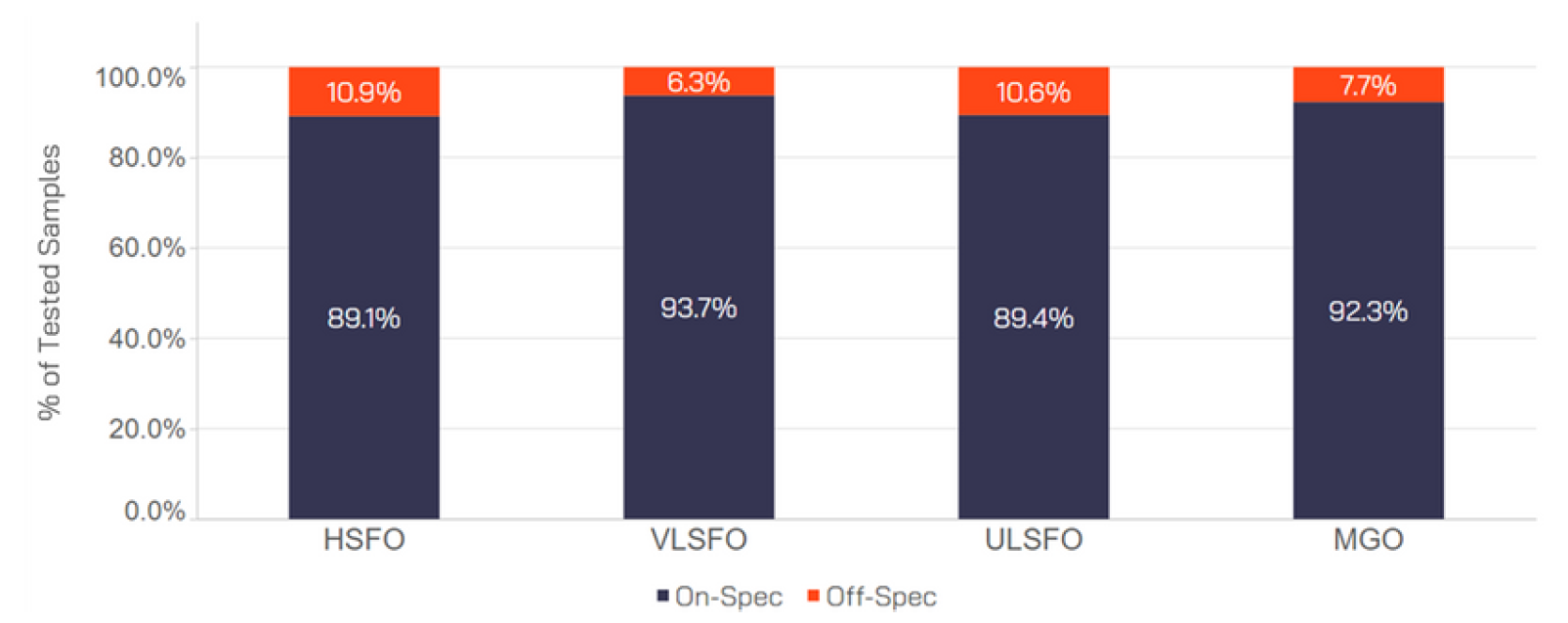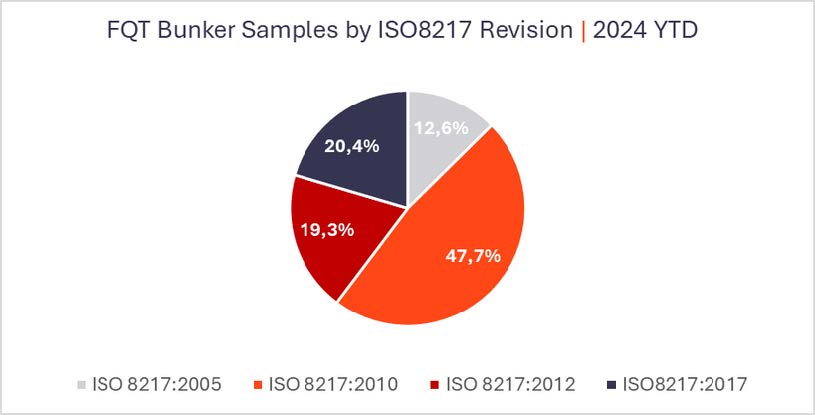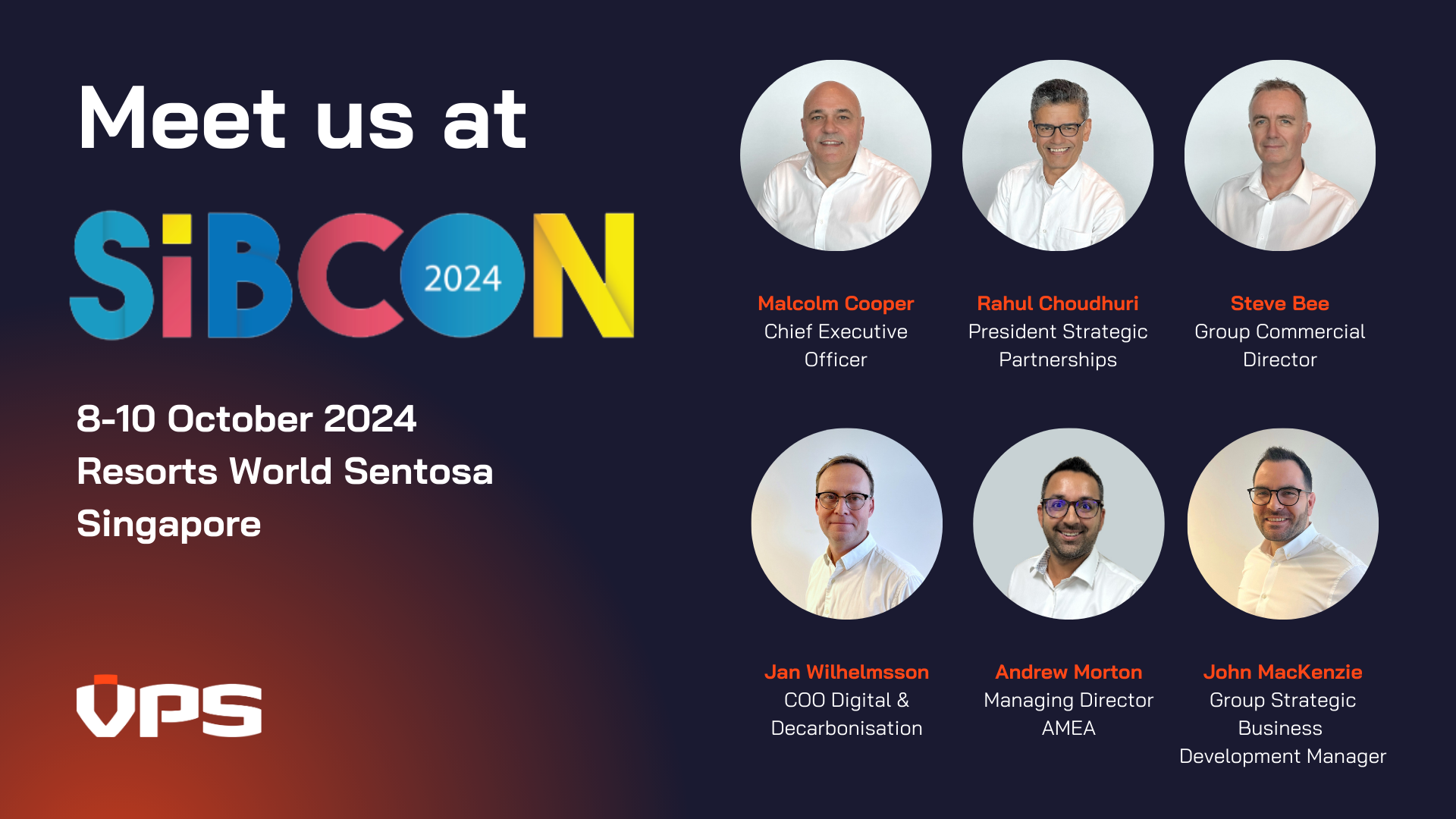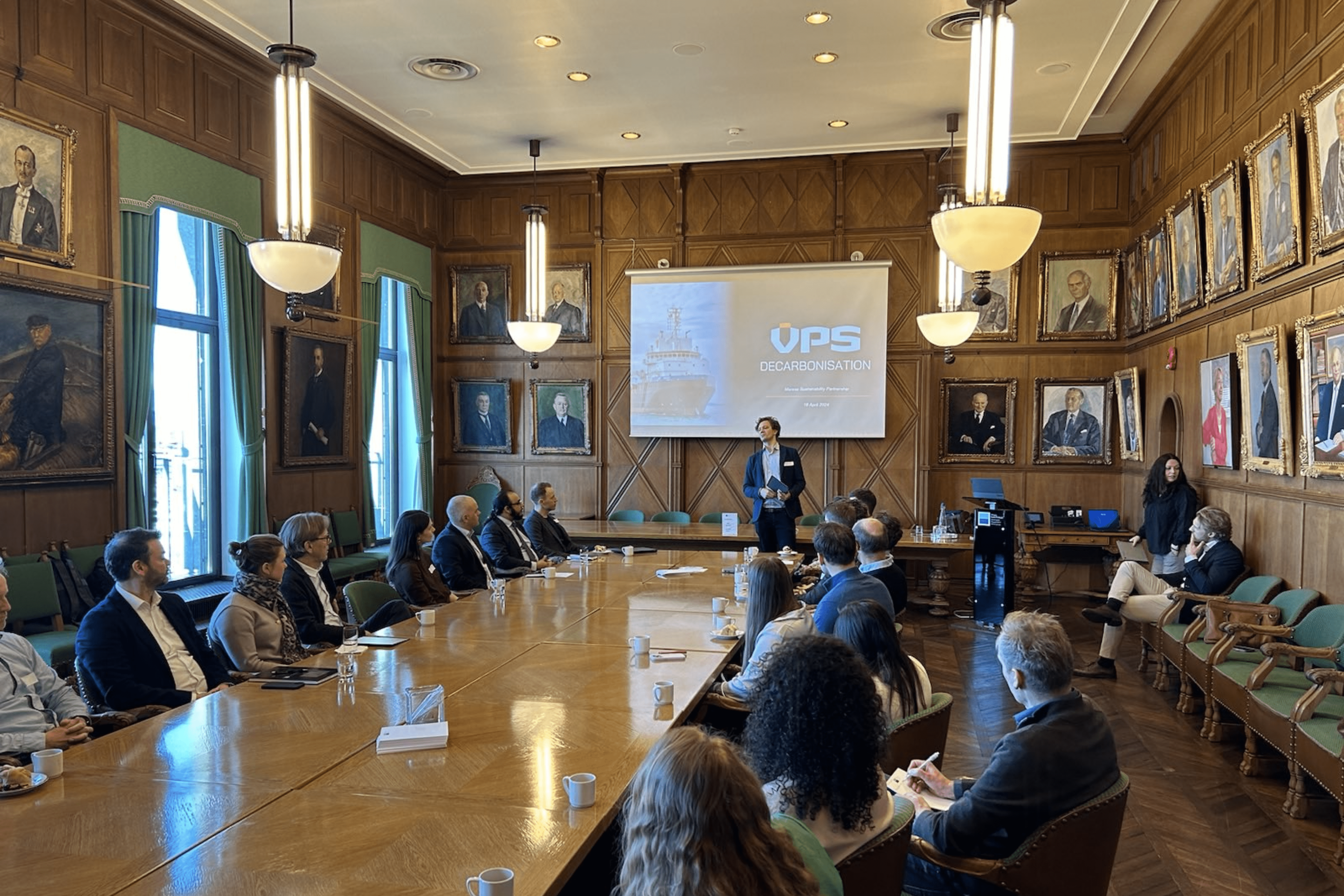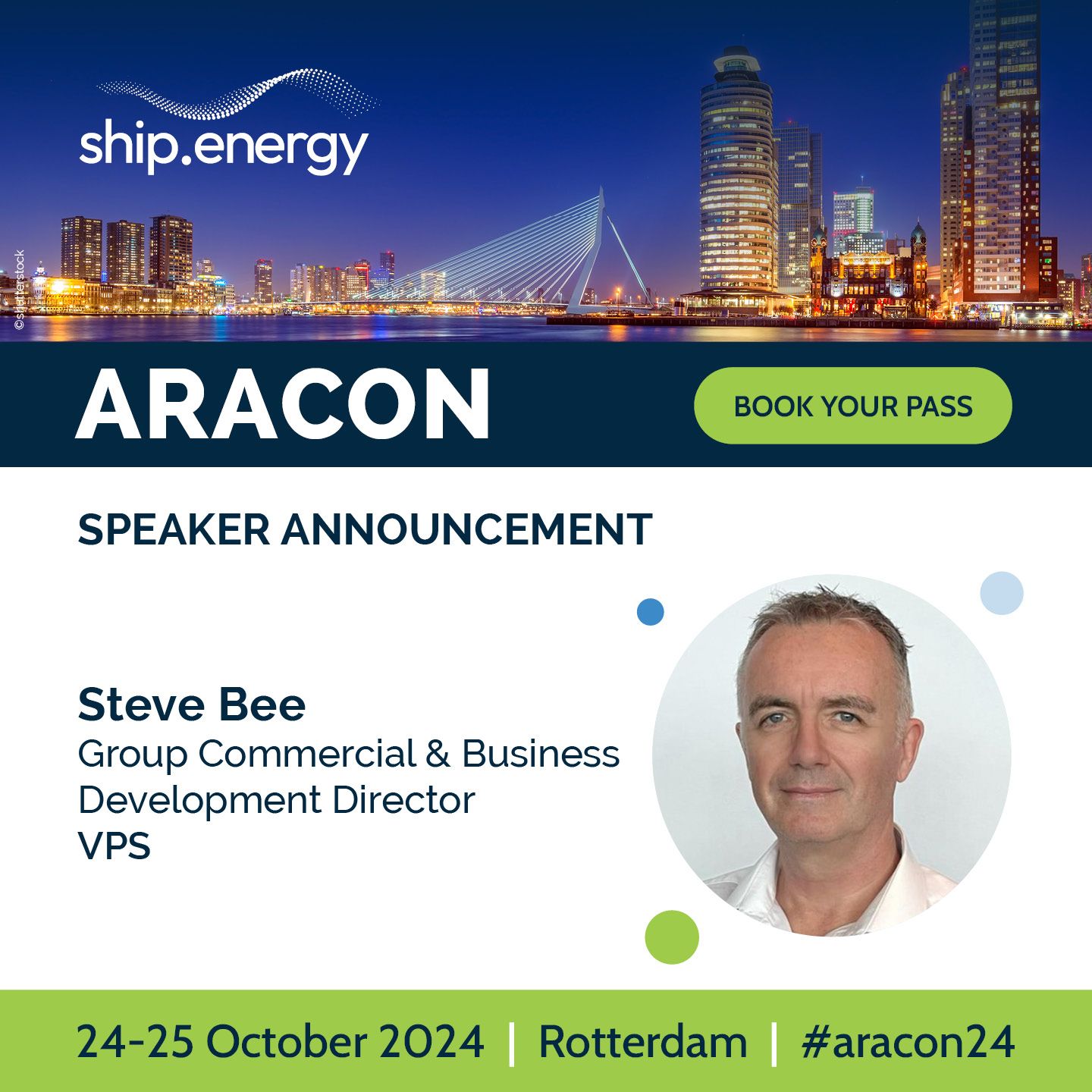Executive Summary
The maritime industry is facing significant regulatory changes aimed at reducing greenhouse gas (GHG) emissions. The latest EU regulations, particularly the updated Monitoring, Reporting, and Verification (MRV) requirements, are set to impact offshore vessels starting from January 1, 2025. These regulations mandate comprehensive emissions monitoring and reporting for vessels with a gross tonnage (GT) of 400 and above. Additionally, offshore vessels with a GT of 5,000 or more will be included in the Emissions Trading System (ETS) starting from January 1, 2027. Shipowners must prepare for these changes to ensure compliance and leverage the opportunities for innovation and sustainability.
Key Developments
Updated MRV Requirements:
Starting from January 1, 2025, offshore vessels with a gross tonnage (GT) of 400 and above will be required to comply with the EU MRV regulations. This extension ensures that emissions data from these vessels are accurately reported and verified, providing a reliable basis for future regulatory measures.
Inclusion in the ETS:
Offshore vessels with a GT of 5,000 or more will be included in the EU ETS starting from January 1, 2027. The ETS operates on a “cap and trade” principle, where a limit is set on the total amount of GHG emissions, and companies can trade allowances. This system incentivizes shipowners to reduce their carbon footprint.
Potential Outcomes and Consequences
1. Compliance and Reporting Requirements:
Shipowners will need to invest in systems and processes to accurately monitor and report emissions as required by the MRV regulations. While this does not directly imply purchasing emission allowances, it involves ensuring accurate data collection and verification, which may require operational adjustments and investments in monitoring technologies.
2. Increased Costs from ETS:
If offshore vessels are included in the ETS from 2027, shipowners will need to purchase emission allowances, which could increase operational costs. However, these costs can be offset by the economic incentives provided by the ETS, such as the ability to sell surplus credits.
3. Technological Advancements:
The new regulations will likely drive innovation in the maritime industry. Shipowners will be encouraged to adopt renewable and low-carbon fuels, such as advanced biofuels, e-fuels, hydrogen, and ammonia. These advancements will not only help in meeting regulatory requirements but also position companies as leaders in sustainable shipping.
4. Enhanced Market Competitiveness:
Compliance with the new regulations can enhance a company’s reputation and competitiveness in the market. Customers and stakeholders are increasingly prioritizing sustainability, and companies that demonstrate a commitment to reducing their environmental impact will likely gain a competitive edge.
How VPS Can Support Shipowners
At VPS, we provide a comprehensive suite of services to help shipowners meet these new regulatory requirements:
Comprehensive Emissions Monitoring:
We offer advanced emissions monitoring solutions that ensure accurate and reliable data collection. Our systems are designed to meet the stringent requirements of the MRV, providing shipowners with the tools they need to comply with regulations.
Strategic Advisory Services:
Our team of experts can provide strategic advice on how to optimize operations and reduce emissions. We help shipowners identify the most cost-effective and sustainable technologies and practices, ensuring compliance while minimizing costs.
Digital Data Collection and Analytics:
We leverage cutting-edge digital tools to collect, analyze, and report emissions data. Our digital approach ensures that shipowners have access to real-time data and insights, enabling them to make informed decisions and stay ahead of regulatory requirements.
Fuel Testing, Including Biofuels:
VPS specializes in comprehensive fuel testing services, including advanced biofuels. Our testing ensures that fuels meet the highest standards of quality and performance, helping shipowners transition to more sustainable fuel options with confidence.
Training and Support:
We offer training programs to help shipowners and their crews understand the new regulations and how to comply with them. Our support services ensure that shipowners have access to the latest information and best practices in emissions management.
4 Key Questions Every Offshore Shipowner Should Ask to Navigate the New MRV Regulations
As the maritime industry faces new regulatory challenges, here are four essential questions every offshore shipowner should ask when preparing for the latest MRV requirements:
Scope & Compliance:
"Do I fully understand how the new MRV regulations apply to my fleet, and what are the key definitions of ‘offshore ships’ and ‘ports of call’ I need to consider?"
Reporting & Verification:
"What specific data do I need to report, and how can I ensure my emissions data is verified accurately?"
Operational Adjustments:
"What changes do I need to implement to comply with MRV standards while minimizing costs?"
Certified Biofuels:
"When should I explore certified biofuels, and how can I ensure they meet sustainability criteria?"
At VPS, we are your trusted partner in navigating offshore decarbonisation. Whether through compliance support, strategic advisory services, or fuel testing, we're here to help you thrive in this evolving regulatory landscape.
Conclusion
The updated MRV regulations for offshore vessels and their inclusion in the ETS from 2027 represent significant steps towards a more sustainable maritime industry. While these changes bring challenges, they also offer opportunities for innovation and growth. At VPS, we are committed to supporting shipowners in navigating these new regulations and achieving their sustainability goals.
Where to Start
Develop an MRV Monitoring Plan: Begin by creating a comprehensive MRV plan that considers your current methods of measuring emissions. This plan will guide your efforts in monitoring, reporting, and verifying emissions, ensuring compliance with regulations and optimizing the use of sustainable fuels to reduce both emissions and potential costs associated with the ETS.
MRV reporting with Maress' MRV Reporting Module, book a demo today!
 Search
Search
 Customer
Customer
